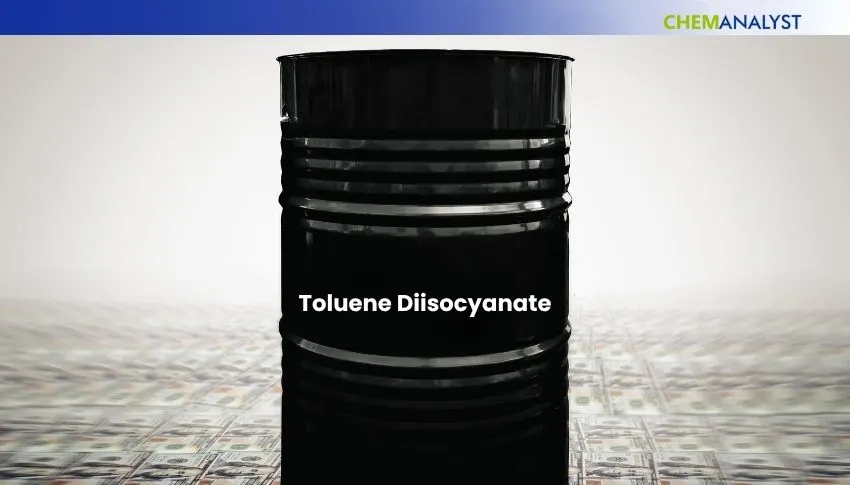Welcome To ChemAnalyst

In August 2025, North American market players increased the prices of Toluene Diisocyanate (TDI). It was due to the consistent demand from the downstream Polyurethane sector amid moderate production rates. Meanwhile, supply rates were balanced for the regional buyers and importers. Steady air freight flows for time-sensitive shipments, along with the resolution of tariff negotiations, maintained the market confidence. On the demand side, consistent offtakes from the PU segment amid firm consumption of end-use materials in the automotive sector added pressure to the prices. However, it is expected that the TDI prices would ease in the North American market due to a decline in purchase rates in the coming weeks of Q3.
Key Highlights
The demand for Toluene Diisocyanate (TDI) was steady in the U.S. during August xxxx, supported by consistent offtakes of downstream Polyurethane materials from the automotive sector. In the automotive segment, moderate growth in passenger vehicle sales—driven by strong demand for new energy vehicles and fuel-efficient models—along with...
We use cookies to deliver the best possible experience on our website. To learn more, visit our Privacy Policy. By continuing to use this site or by closing this box, you consent to our use of cookies. More info.
